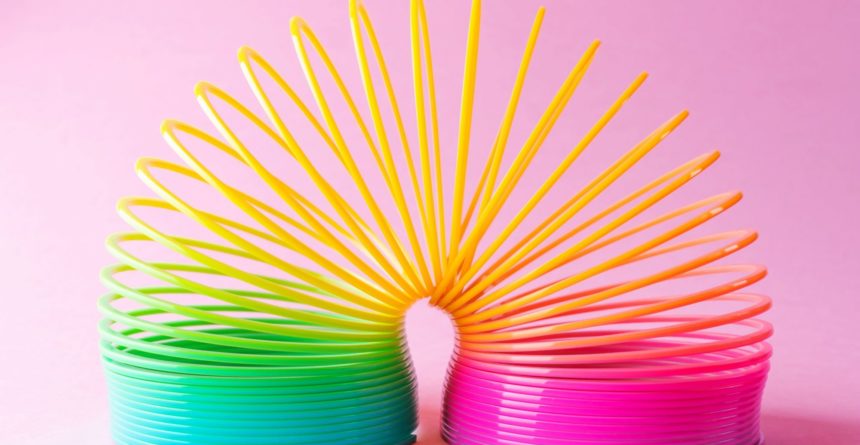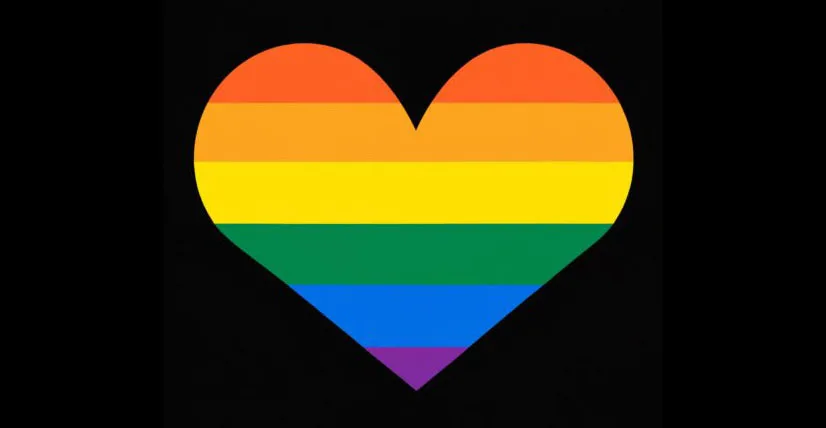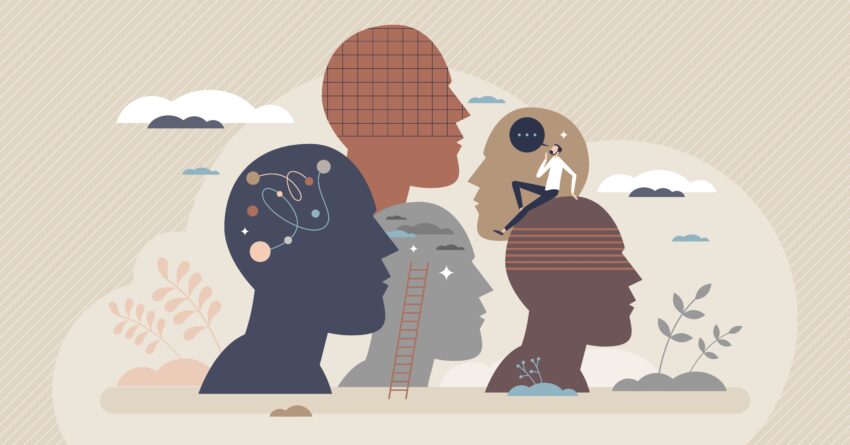Cultivating Resilience
December 28, 2020

If you never experience pain, you’re missing out. This idea can seem counterintuitive or even silly. Obviously, painful experiences like heartbreak or failure are not to be sought out. However, if we are truly living our best lives, they are an inevitability. Brené Brown writes, “Perfectionism is a 20-ton shield. It’s a way of thinking that says: ‘If I look perfect, live perfect, work perfect, I can avoid or minimize criticism and blame’.” If we are avoiding failure (or pain, mistakes, shame, etc.), it is not an indication that we are perfect. Instead, it could be letting us know that we are being avoidant in a way that is preventing us from being our best selves.
Resilience and Connection
It easy to understand why we try to avoid pain. It can make us feel vulnerable, threatened, lesser-than… all kinds of terrible feelings. Our instincts are obviously going to naturally guide us away from pain, and some of the time that’s great. However, sometimes protecting ourselves from pain and difficulty also involves protecting ourselves from the greatest parts of life. For example, someone who has never had a relationship has likely never experienced heartbreak. If we can cultivate enough resilience to tolerate or even grow and learn from the pain of heartbreak, we actually have a shot at human connection. Therefore, resilience is a precursor to becoming the best versions of ourselves.
Resilience and Social Change
In addition to personal growth, resilience is also a crucial component for societal change. Many of us have accepted that systemic racism is a huge problem in our society, and know that talking about it is a precursor to real change. However, imperfection is an inevitability in all areas of life. If we don’t have the resilience to tolerate being called in, we will avoid the conversations that we know are so necessary. The adage goes, “Our greatest mistakes are also our greatest lessons”. How can we learn and grow without the resilience to tolerate our own mistakes?
Cultivating Resilience
All of these ideas lead to one question: how do I cultivate resilience? I would answer that, a precursor to cultivating resilience is identifying what it is not. Resilience is not suppressing our fear, shame, or pain aversion. Attempts at suppression tend to be counterproductive. Resilience comes from harnessing the power of paradox. For example, let’s say I get fed up and yell at my child. Afterward, I feel shame and identify as a bad person or parent. A natural response might be isolating myself, minimizing the event, or fixating on my kid’s behavior that lead to my outburst. However, if I accept that I can lose my temper AND be a loving caretaker at the same time, it is far more accessible. Instead of falling into a shame spiral, I can acknowledge my mistake, make amends with my child, and turn the experience into a lesson about tolerating big feelings. The pain or shame of that experience then turns into a catalyst of growth for everyone involved.
Imperfect Resilience
“Easier said than done” is a very valid reaction to this idea. We will all be imperfect in our quest to cultivate resilience. While practice will make it more accessible, it will always be difficult. As previously noted, the greatest parts of life go hand in hand with pain and difficulty. The beauty is in the pursuit of resilience. If you need support to cultivate your resilience, we welcome you to contact us at Steady NYC.



